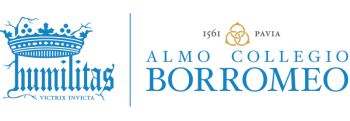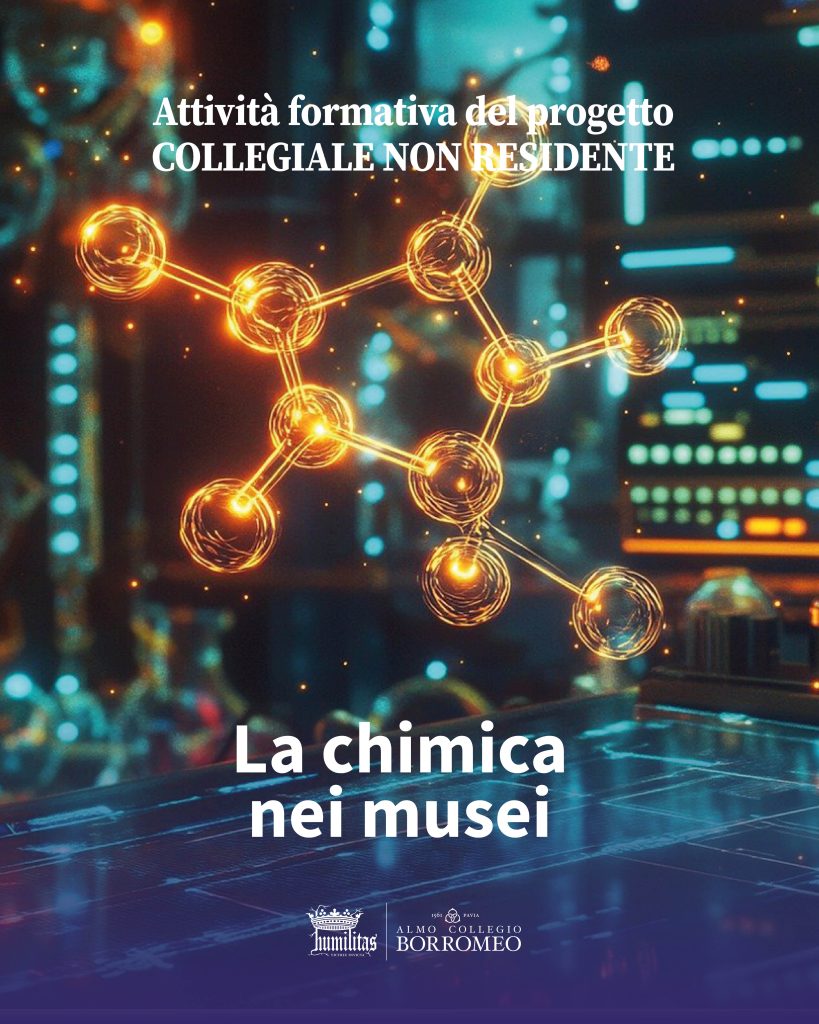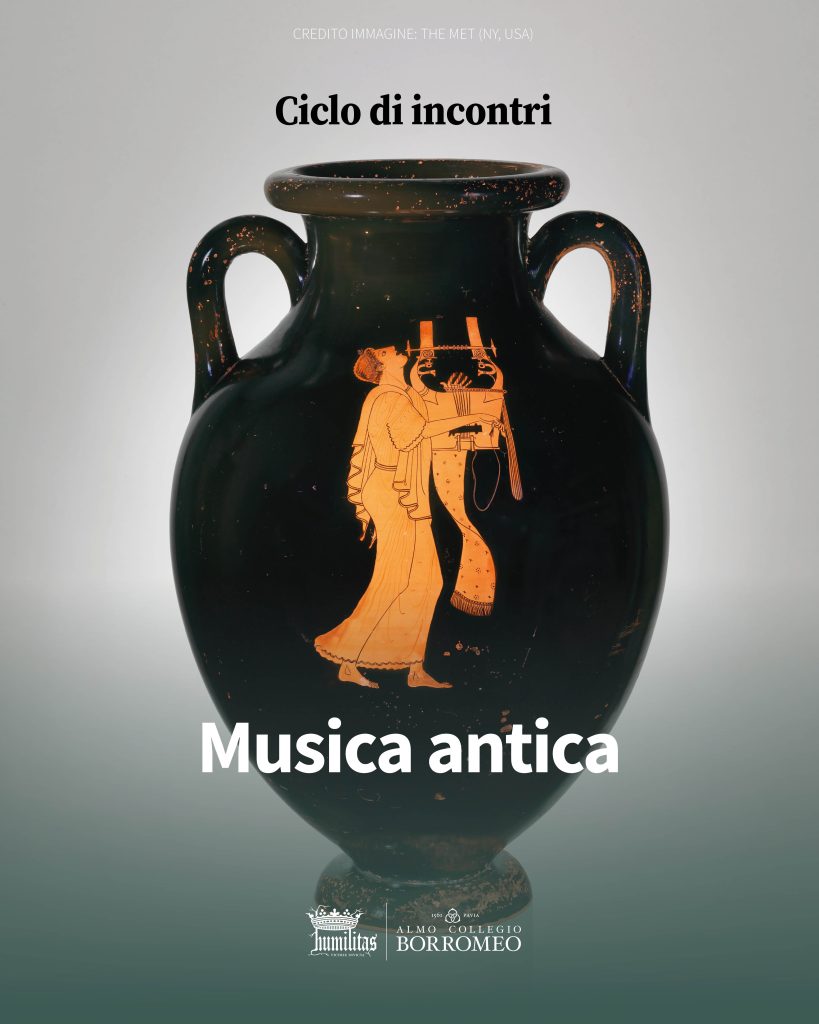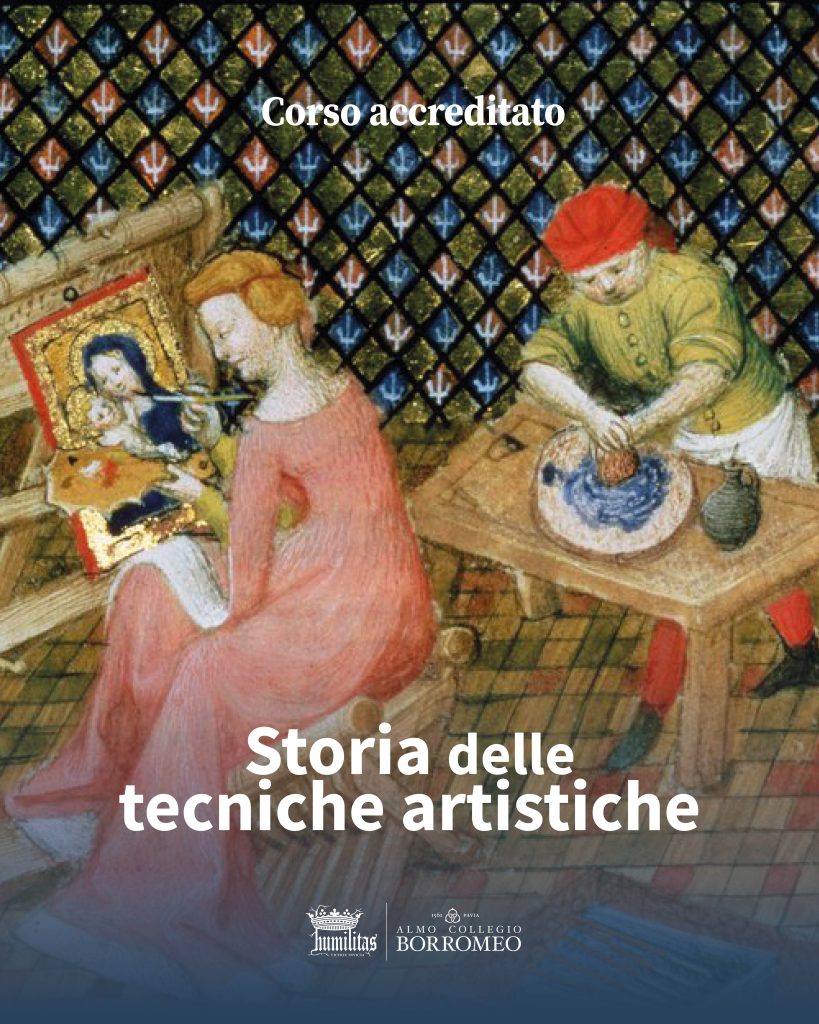
- Questo evento è passato.
Casella Prize 2025
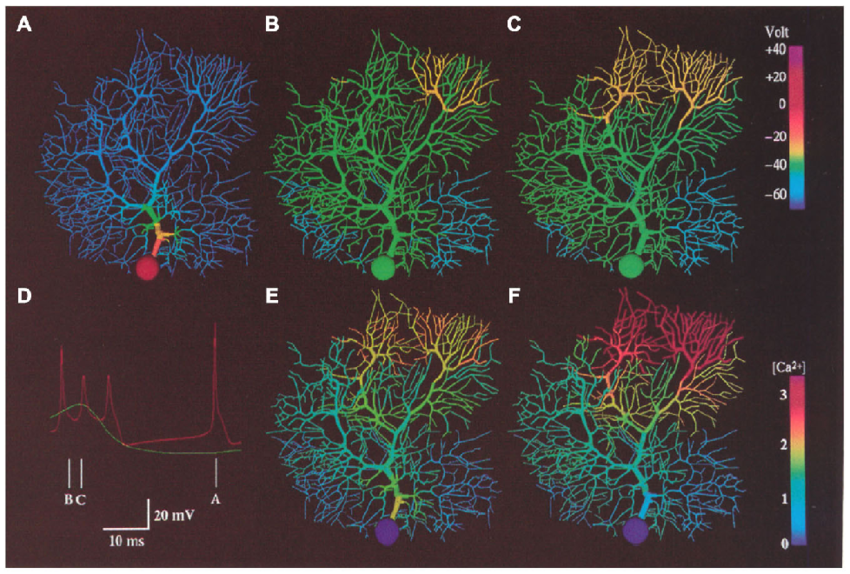
LECTIO MAGISTRALIS
How does the history of science tell us we should proceed to understand the relationship between the structure and the function of the nervous system?
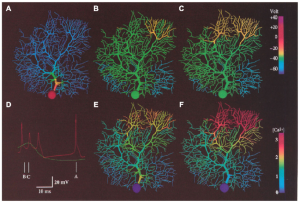
Lecture in English by James Mason BOWER, Affiliate Professor of Biology at Southern Oregon University
50 years ago, Dr Bower began his study of the nervous system with anatomic experiments involving somatosensory systems in the mammalian brain. Much of his efforts since have involved attempts to understand how the structure of the mammalian cerebellum reflects its computational function using an interacting combination of anatomical and physiological studies coordinated by the use of computer models. 50 years ago, the cerebellum was believed to be involved exclusively in motor coordination, balance and posture, and perhaps motor learning. Today due largely to the use of fMRI, claims have been made that the cerebellum is also involved in attention, memory, emotional regulation, sleep, stress, thirst, hyperactivity, psychosis, schizophrenia, autism, epilepsy, urinary tract function, mutism, and language acquisition, a list that is continuing to grow. Summarizing these results, Guell and Schmahmann (2020) have stated that the cerebellum is now likely “relevant to virtually all aspects of behavior in health and disease”. While this statement may be consistent with the fMRI observations, it poses serious computational challenges given the cerebellum’s remarkably uniform neuronal structure. 50 years ago, Dr Bower also taught for the first time a course tracing how humans have figured out the larger structure of the universe, inventing modern science in the process. In this presentation, after summarizing recent fMRI results, and briefly discussing how and to what extent attempts have been made to accommodate those results to the structure of the cerebellum, Dr. Bower will consider how the resolution of a conundrum involving the structure of the solar system in the 15th and 16th centuries suggests studies of the cerebellum and the nervous system in general should now proceed.
L’incontro è riconosciuto dalla Scuola IUSS quale attività formativa extra-ambito dei Corsi ordinari.
Ingresso gratuito, prenotazione consigliata> QUI
